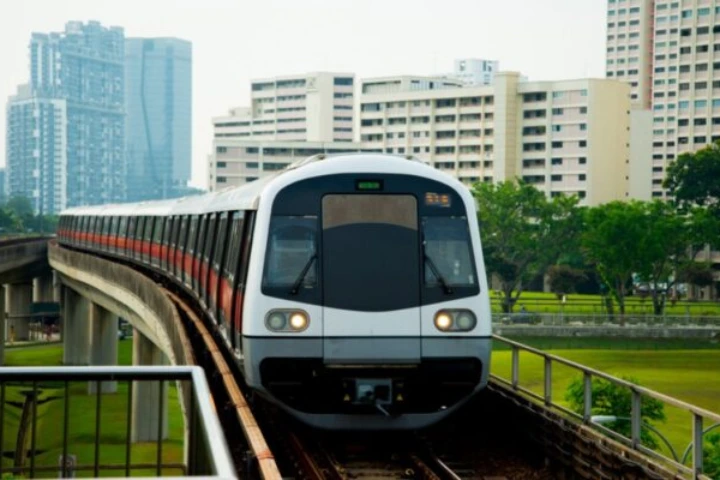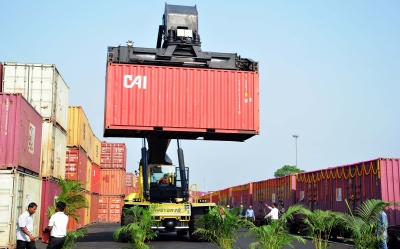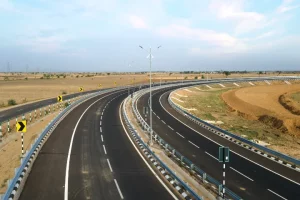The two urban transit metro corridor projects in Delhi-NCR and Bengaluru were taken at the meeting of National Planning Board to fast track the multi-modal integration with bus and rail stations under the PM Gati Shakti master plan, the Commerce and Industry Ministry said on Friday.
The projects include Rithala-Bawana-Narela–Kundli (Haryana) Metro Corridor of DMRC in the NCR region and Phase-3 of Bangalore Metro Rail Project of 44.65 Km with 2 corridors from JP Nagar to Kempapura along ORR and Hosahalli to Kadabagere along Magadi road.
The implementation of the projects being taken up by the Union Ministry of Housing and Urban Affairs will result in decongestion of roads, travel time savings, fuel cost savings, reliable operation and performance, and reduction in vehicular emission and pollution.
The NPG has recommended that proponents of the project plan for adequate transition infrastructure where inter-modal interface is involved.
It was emphasised during the meeting that these projects will play a pivotal role in nation-building by integrating various modes of transport, offer substantial socio-economic benefits and will contribute to the overall development of the region.
The meeting also took up projects from Ministry of Road Transport and Highways pertaining to four laning of 45 kms stretch of NH-66 in the state of Goa and development cum upgradation of Mawlyngkhung – Panchgram road from 2-Lane to 4-lane in the state of Meghalaya and Assam including greenfield stretch of 118 kms and brownfield stretch of 43 kms.
Both the projects will have wider economic impacts including reduction in logistics cost, reduction in traffic congestion, and increase in average speed of traffic.
Besides, a railways project for the construction of a bulb line at Nabinagar (Ankorha) of approx. 17.49 km in Aurangabad district of Bihar was examined.
The construction of the ROR bulb line would result in grade separation of two railway lines leading to reduced detention of trains, decline in transit time, increase in logistics efficiency of coal movement to Nabinagar power plant in the vicinity, and enhanced section capacity utilisation of main lines.




















